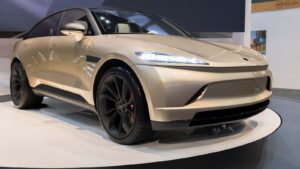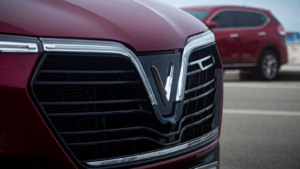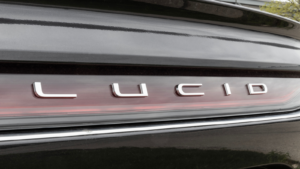While Tesla’s (NASDAQ:TSLA) recent earnings report sent the EV market roaring back with a double-digit recovery, not all EV players are so fortunate. Most EV stocks are diluting existing shareholders to keep their sinking businesses afloat. These “hopeless” EV companies lack the competitive edge and financial runway to truly challenge the industry’s heavyweights.
Are you holding onto any of these hopeless EV stocks, clinging to the false hope of a miraculous turnaround? It’s time to face the harsh reality: these companies are on a collision course with bankruptcy, and the only smart play is to cut your losses before they go to zero. Their business models are riddled with gaping holes, and their cash reserves are dwindling faster than a desert oasis in a drought.
Don’t let the siren song of a “discounted” stock price lure you in. These EV stocks are discounted for a reason. In my view, you should avoid buying into an EV company that isn’t at or near profitability. It should at least have enough cash to grow into profitability. If not, you’ll be the one footing the bill through endless dilution. Here are the three EV stocks to sell that I think meet these criteria.
Mullen (MULN)

When it comes to Mullen (NASDAQ:MULN), we’re witnessing a textbook case of a company caught in a vicious cycle of dilution and value destruction. This EV upstart has been on a relentless tear, repeatedly diluting shareholders and executing reverse splits – a surefire recipe for investment carnage.
Mullen’s financials are a train wreck. With zero revenue and a business model that screams “money pit,” the company has resorted to death spiral financing to stay afloat. Indeed, the dilution numbers are staggering. Mullen undertook a cumulative 1-for-22,500 reverse split ratio in 2023 alone. Even if Mullen somehow became the next Tesla, shareholders would be left with mere crumbs after such egregious dilution. Management seems more focused on enriching themselves than creating shareholder value. Mullen is hands-down one of the top EV stocks to sell in this market.
VinFast (VFS)

VinFast (NASDAQ:VFS) initially piqued interest as an affordable EV play from Vietnam, a low-cost manufacturing hub. However, digging deeper, investors see a company that’s hemorrhaging cash at an unsustainable rate, with analysts not forecasting profitability until 2030.
While low Vietnamese labor costs seem enticing on paper, they mask the harsh reality of negative 50% gross margins. VinFast’s affordable pricing comes at a steep cost. The company is posting crushing losses with each vehicle sold. In a capital-intensive industry where scale and efficiency are paramount, such an unviable business model raises existential questions.
Moreover, the global shift towards production on-shoring presents a looming threat to foreign automakers like VinFast. As supply chain resilience takes center stage, can a Vietnamese upstart realistically compete with streamlined juggernauts like Tesla or Chinese giants? The odds seem stacked against VinFast’s long-term survival.
Lucid (LCID)

Of the three, Lucid (NASDAQ:LCID) stands out as the most prominent EV maker on this list, but that’s not necessarily a good thing. With a massive $3.9 billion cash pile, Lucid has the resources to dream big. However, that cash pile is dwindling fast, with a staggering $654 million burned in Q4 2023 alone amid negative 416% net margins.
Analysts don’t anticipate profitability until 2029. By then, Lucid’s cash reserves could be depleted, leaving it at the mercy of further dilution or a Saudi bailout. That’s a risky proposition, given the Kingdom’s checkered investment track record.
Lucid is essentially a Saudi state-owned enterprise at this point, delivering a paltry few hundred vehicles monthly at massive losses. Unless you have the stomach for massive volatility and dilution risk, Lucid is best avoided by retail investors seeking stable returns.
On the date of publication, Omor Ibne Ehsan did not hold (either directly or indirectly) any positions in the securities mentioned in this article. The opinions expressed in this article are those of the writer, subject to the InvestorPlace.com Publishing Guidelines.
